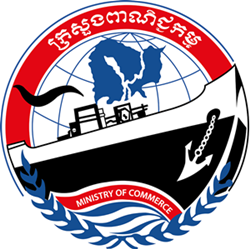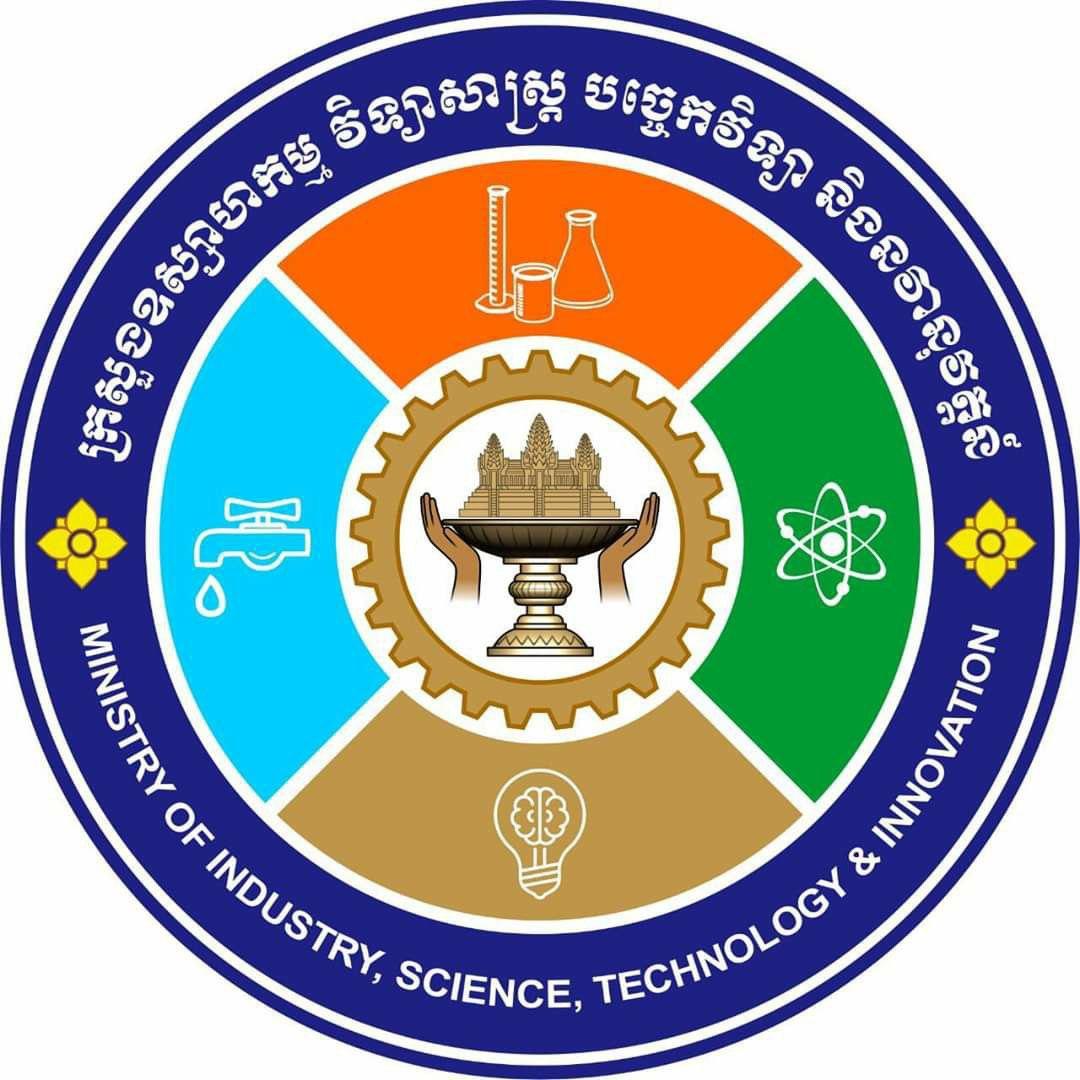Issue Description
Digital trade refers to the exchange of goods and services through digital technologies such as e-commerce platforms, social media, or mobile applications. It includes transactions such as online purchases, digital payments, cloud computing, and cross-border data flows. Digital trade is on the rise across ASEAN, with the total value expected to grow to USD 1 trillion by 2030.
Recognizing the importance of putting in place strategic frameworks to foster digital trade, particularly as the world recovers from the COVID-19 pandemic, ASEAN countries, including Cambodia, have signed numerous agreements enhancing the facilitation of intra-regional digital integration, including the ASEAN Digital Integration Framework Action Plan 2019-2025, the ASEAN Digital Master Plan 2025, and the ASEAN E-Commerce Agreement and Workplan.
The Bandar Seri Begawan Roadmap sets out the plans for future intra-ASEAN negotiations on digital integration. 2025 is earmarked for the start of negotiations among member countries for a new Digital Economy Framework Agreement (DEFA). Inspired by Singapore’s successful examples of implementing digital-specific trade agreement provisions to foster digital integration, DEFA promises to offer ASEAN countries a blueprint for future digital chapters of intra-regional and international trade agreements.
Until 2025, each ASEAN country is expected to prepare for the start of the DEFA negotiations by identifying and submitting specific areas of the digital economy for which they foresee coverage under DEFA, in order to promote integration in these areas. As of April 2023, ASEAN is currently in the scoping phase of DEFA; a study has been commissioned to identify areas to be included in the agreement, and it is expected to be completed in 2023. It is assumed that each ASEAN country is currently providing their inputs on the list of coverage areas.
Impact on business
As an ASEAN member, Cambodia has a significant opportunity to contribute to the formulation of ASEAN’s digital integration agenda by putting forward topics to be included in future DEFA negotiations.
The Royal Government of Cambodia (RGC) can influence the list of specific areas to be included under DEFA negotiations by leveraging its influence in the various working groups and committees, namely:
- the coordinating body, the ASEAN Coordinating Committee on Electronic Commerce (ACCEC) or its nominated successor;
- ASEAN sectoral body meetings;
- the overseeing ASEAN Senior Economic Officials Meetings.
Missing out on this opportunity could be detrimental to Cambodia’s trade agenda and overall economic development. Firstly, Cambodia could miss out on potential economic benefits from increased digital trade, such as increased export opportunities and job creation. Secondly, the country could fall behind other ASEAN countries that are more active in digital trade negotiations, potentially leading to a competitive disadvantage. Thirdly, the lack of progress in digital trade integration could lead to a lack of investment in Cambodia’s digital infrastructure, which could further hinder the country’s economic growth and development. Finally, Cambodia could miss out on opportunities to attract foreign investment and strengthen its position as a regional hub for digital trade.
Recommendation
- Set a list of digital integration areas and plan for DEFA negotiations in consultation with the private sector.
We therefore respectfully recommend that the Ministry of Commerce and other line ministries of the Royal Government of Cambodia (RGC) proactively prepare an ambitious list of digital integration areas and plan for its mainstreaming into DEFA negotiations, in consultation with the private sector. EuroCham is ready to take a leading role in arranging public-private consultation sessions. We put forward some potential negotiation areas for the RGC’s consideration:
- Consumer protection and data privacy: Citing the ASEAN Framework for Personal Data Protection and other international frameworks, the RGC could push for the implementation of interoperable frameworks with common global standards, messages, and rules. The RGC could also work with financial institutions to develop inclusive open API standards and roadmaps, and develop or build on existing national digital ID systems to encourage adoption of digital financial services;
- E-commerce: Citing the goals set by the AEC 2025 Strategic Action Plans for Financial Integration, the RGC could push for the implementation of interoperable frameworks with common global standards, messages, and rules. The RGC could also work with financial institutions to develop inclusive open API standards and roadmaps, and develop or build on existing national digital ID systems to encourage adoption of digital financial services;
- Broadening the digital talent base: Citing the ASEAN ICT Masterplan 2020 and AEC Blueprint 2025, the RGC could partner with the private sector in designing the most relevant digital skills roadmaps and accelerate the roll out of relevant programmes;
- Fostering entrepreneurship: The RGC could assist digital MSMEs by simplifying existing hurdles in setting up and doing business for its MSMEs;
- Cybersecurity: The RGC could strengthen its cybersecurity framework and work with the private sector to develop best practices in cybersecurity;
- Paperless trade: The RGC should promote the use of digital technologies to facilitate trade, such as electronic signatures and electronic invoicing;
- UNCITRAL Model Law: As a cross-sectoral recommendation, the RGC could push for the adoption of the UNCITRAL Model Law as a template for digital agreements across ASEAN. We believe that this law contains the best blend of key digital areas.
On the domestic side, to complement the RGC’s regional integration efforts, we respectfully recommend that the RGC accelerate its plans to implement its national ASEAN (particularly the ASEAN E-commerce Agreement) and RCEP (Chapter 12 on e-commerce) digital commitments, including those in the areas of cybersecurity, electronic transactions, e-trade facilitation, consumer protection and data privacy, open internet access, business trust, and cross-border data flows.
Through both a proactive approach towards DEFA negotiations and a strong record of domestic digital commitments, Cambodia has a real chance to establish its reputation as an ASEAN-wide leader of digital transformation agreements. Were these agreements to be effectively negotiated in the future, Cambodia and the wider ASEAN region will be able to benefit from enhanced data flows and more development opportunities from the digital economy.
Royal government of Cambodia
Initiative from Eurocham: The issue has been raised by the Tax Committee within The White Book edition 2024 in the Recommendation No. 9.

National Counterparts

Ministry of Commerce

Ministry of Industry, Technology, Science and Innovation

